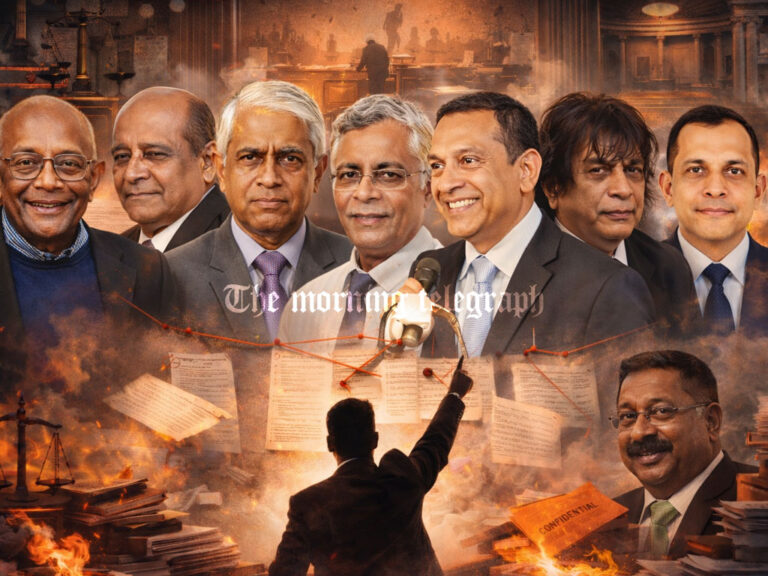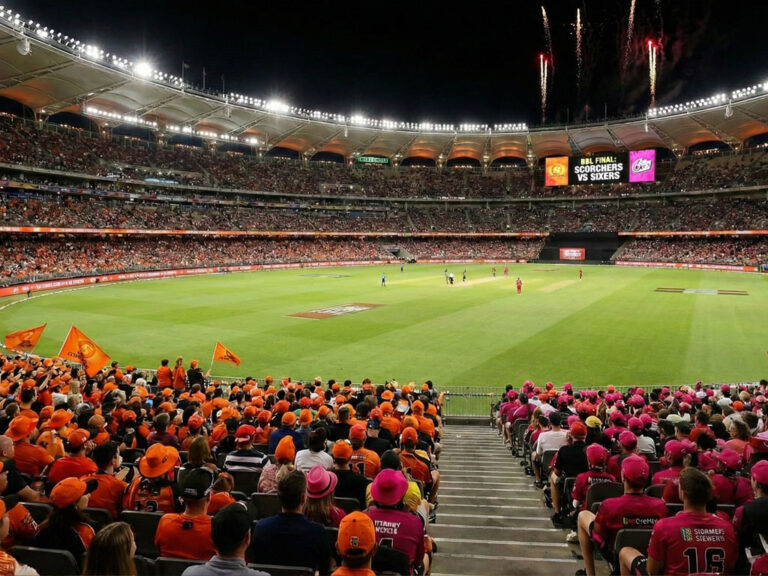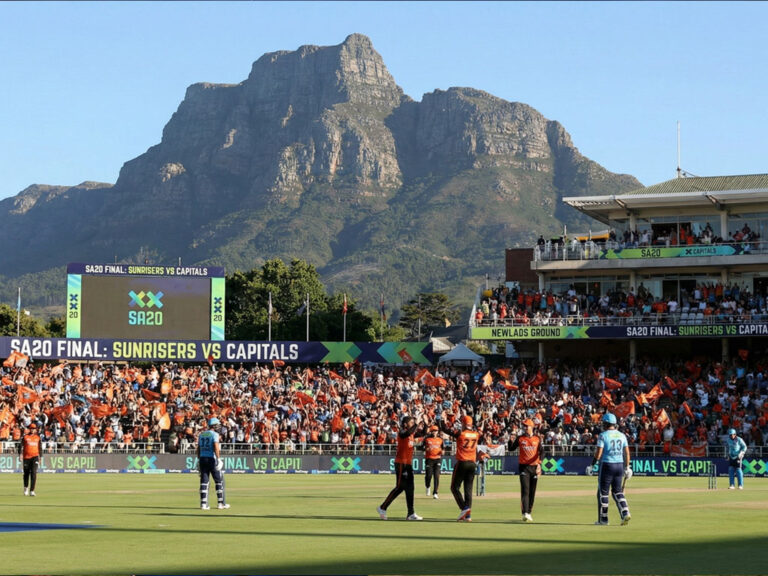
Sri Lanka’s local government election climate took a sharp turn this week, with a silent protest erupting outside the Kaduwela Urban Council in response to a controversial statement made by President Anura Kumara Dissanayake. His assertion that state funds would not be allocated to local councils not aligned with his party has raised serious concerns about the misuse of public resources, electoral fairness, and political coercion.
The protest, led by candidates of the United Republican Front (URF), featured placards, silence, and symbolic resistance. The event gained national traction with the presence of URF leader Patali Champika Ranawaka, who openly condemned the President’s remarks and questioned the Election Commission’s silence on the issue.
“This is a clear case of abuse of power,” Ranawaka told reporters at the scene. “We filed two complaints with the Election Commission. One over the President’s declaration to withhold state provisions from opposition-led councils, and another regarding the announcement of additional financial concessions, which we consider tantamount to political bribery. Yet, the Commission has not acted.”
According to Ranawaka, ruling party candidates have already begun circulating campaign material promising financial aid contingent on their victory, an act he described as “a return to vulgar politics under the guise of clean governance.”
The Dalada Pilgrimage Becomes a Political Spectacle
Adding to the controversy was the display of the sacred Dalada relic—Sri Lanka’s most revered Buddhist artifact—during a televised presidential visit. While the religious tradition was deeply respected, the political timing and media portrayal have been criticised by opposition figures as manipulative.
“Of course, as Buddhists, we honour the Dalada Maligawa. But this is being turned into a PR stunt,” Ranawaka said. “Media channels are using this spiritual symbol to elevate the President’s image, conveniently ignoring the JVP’s past connection to an attempted power grab through the Dalada shrine in 1988. The people haven’t forgotten that.”
He further called for the Election Commission to intervene and curb media bias that promotes state-sponsored campaigning through cultural and religious platforms.
The Wilpattu Road and Old Wounds
Ranawaka also addressed President Dissanayake’s recent comments regarding the construction of a road through Wilpattu National Park—another long-standing political hotbed. “This isn’t new,” he said. “Wilpattu was made a national park in 1931, and during the war, a road was used by security forces to access critical areas. The LTTE had turned Wilpattu into a stronghold. Now, the President is trying to resurrect an old, divisive plan for political gain.”
He compared the new proposal to previous attempts under the Rajapaksa administration, characterising it as part of a broader campaign strategy of offering ‘political bribes’ to appease constituents in key districts.
CID Arrest of Pillayan and Calls for Broader Investigations
The arrest of Eastern Province political figure Sivanesathurai Chandrakanthan, known as Pillayan, by the Criminal Investigation Department (CID) has further complicated the political atmosphere. While Pillayan stands accused of involvement in the murder of the Eastern University Vice Chancellor, Ranawaka called for equal treatment under the law.
“If there is evidence, the arrest is appropriate,” he said. “But Pillayan’s case is not the only unresolved killing of a vice chancellor. What about Stanley Wijesundara and Patuwanavithana? Their murders remain uninvestigated. The CID should also look into these cases. They’ll find useful leads at the JVP office in Pelawatte.”
On Gammanpila’s Defence of Pillayan
Ranawaka also responded to questions about former ally Udaya Gammanpila appearing as Pillayan’s legal representative. “That’s Gammanpila’s responsibility. Whether he’s acting in good faith or pursuing political objectives will become clear in time,” he said.
Election Commission Under Pressure
The unfolding events have placed renewed pressure on the Election Commission to act as an impartial guardian of electoral justice. With protests, religious symbolism, and funding threats dominating the campaign trail, critics argue that the integrity of the democratic process is now under serious threat.
As local government elections approach, the bigger question looms: can Sri Lanka’s democratic institutions withstand the strain of politicised governance, or will the lines between state power and party survival continue to blur?




